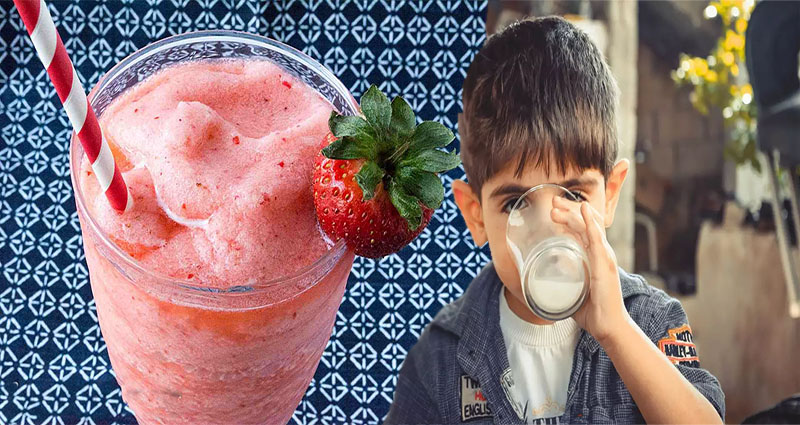Choosing the right kinds of drinks for your kids can be a challenge. Sugary sodas and sports drinks are the most common, but there are many other healthy alternatives to choose from. You can find a variety of fruit-based beverages and milk alternatives at your local supermarket. Here are some healthy drinks to serve your children:
Caffeine in energy drinks
The amount of caffeine in energy drinks for kids is not always clear. Some contain 500 milligrams of caffeine per can, while others are less than that. Although energy drinks have many positive benefits, caffeine can have negative side effects, including disrupted sleep and anxiety. Additionally, many of them contain additives that may be dangerous for young consumers. For example, taurine and ginseng have been linked to increased heart rate, while yohimbine may be toxic.
Fruit juice is less nutritious than whole fruit
Research has found that fruit juice contains less fiber and less sugar per serving than whole fruit. Milk and water are far more nutritious. Fruit juice contains some vitamins and minerals but does not have nearly as much fiber as whole fruit. Parents should also avoid serving juices to kids within thirty minutes of eating. Nevertheless, juices are generally safe to serve to children in moderate amounts. In general, it’s best to serve juices at least one hour before meals.
Unsweetened tea
Children should be encouraged to drink unsweetened tea instead of soda or sugary soft drinks. Drinking tea contains antioxidants that can help prevent cancer. The added sugar from bottled tea can spike glucose levels, and one packet of sugar can be equal to almost an ounce of tea. The American Heart Association recommends six teaspoons of sugar per day. In addition to reducing sugar intake, tea also contains essential nutrients like vitamins and minerals.
Low-fat milk
Low-fat milk is a good choice for kids because it doesn’t leave out any of the good stuff, such as protein and calcium. Many reduced-fat milk products are also fortified with vitamins and other nutrients. Kids over two years old should drink low-fat milk. While full-fat milk can provide extra energy and saturated fat, it’s best to limit the amount in your child’s diet.
Coconut milk
Young children can enjoy coconut milk on occasion. It is considered a natural antimicrobial and has a cooling effect. It is generally safe for babies to drink, although you should avoid feeding it to infants under 12 months. It is important to note that coconut milk is not a substitute for breast milk or whole cow’s milk, as it lacks essential nutrients. It should be consumed in moderation and should be limited to about one cup daily.











